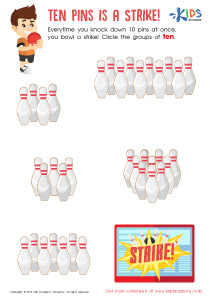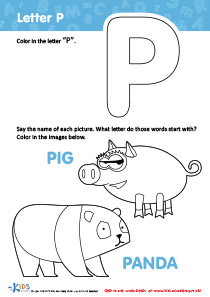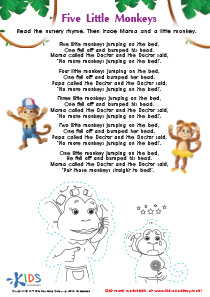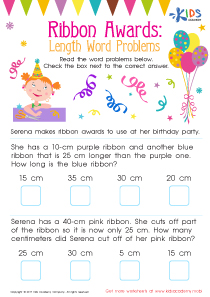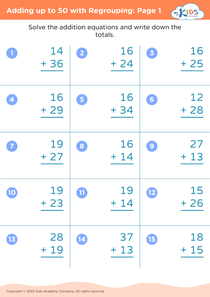1,2, and 3 Quizzes for Ages 4-5
3 results
3 filtered results
Clear all filters3 filtered results
-
From - To
Interactive Assessment Quizzes: Counting 1, 2, and 3 for Ages 4-5
Dive into the world of numbers with our engaging interactive quizzes tailored specifically for children aged 4-5! Our quizzes are designed to evaluate and enhance your child's understanding of the fundamental numbers 1, 2, and 3 in a playful and supportive environment. With instant feedback provided, these quizzes help reinforce learning, making the concepts of 1, 2, and 3 not just understood but also loved. Perfect for early learners, our quizzes promise a delightful journey into the basics of counting, setting a solid foundation for future mathematical skills. Let's make learning 1, 2, and 3 fun and interactive!
In today’s fast-paced and technologically driven world, the landscape of education is continually evolving to incorporate innovative methods that engage young learners in their studies. One of the most effective tools in this educational revolution are interactive quizzes, especially those designed around fundamental concepts such as 1, 2, and 3 for ages 4-5. These quizzes are not just another digital distraction but a key educational resource tailored to improve the learning experience of young children.
Interactive quizzes on numbers 1, 2, and 3 are ingeniously crafted to captivate the attention of children aged 4-5, making their first encounter with mathematics not only enjoyable but also highly educational. The playful nature of these quizzes, combined with vibrant graphics and intuitive interfaces, transforms what could be a daunting learning experience into an exciting adventure. This is particularly important for children in this age group, as it is a critical period for cognitive development and early learning.
These quizzes are designed to reinforce fundamental numerical concepts and basic arithmetic that form the foundation of a child's mathematical journey. Through repeated engagement, children develop a stronger understanding of numbers 1, 2, and 3, along with their respective values and relationships. This early exposure to mathematical concepts through interactive means helps solidify knowledge that is crucial for more advanced learning in the future.
Furthermore, the interactive nature of these quizzes is instrumental in enhancing children's problem-solving skills. As they navigate through different questions and challenges, they learn to think critically and make decisions based on their understanding of numbers. This active form of learning encourages children to be not just passive recipients of information but active participants in the learning process, fostering a sense of achievement and confidence in their abilities.
Another significant advantage of these quizzes is their adaptability to individual learning paces and styles. Children aged 4-5 vary widely in their developmental stages, and what works for one child might not be as effective for another. Interactive quizzes can be adjusted in difficulty and can be repeated as many times as necessary, allowing children to learn at their own pace without feeling pressured or left behind. This personalized learning experience is crucial in maintaining a child's interest in education and promoting a positive attitude towards learning.
In addition to cognitive benefits, interactive quizzes on numbers 1, 2, and 3 also play a vital role in improving children's digital literacy. In an age where technology is omnipresent, familiarizing young learners with digital tools and interfaces is an important step towards preparing them for the future. These quizzes offer a safe and controlled environment where children can navigate digital platforms, improving their technological skills in a meaningful and educational context.
In conclusion, interactive quizzes on numbers 1, 2, and 3 for ages 4-5 are an invaluable resource in the educational toolkit for young learners. They not only make learning fun and engaging but also lay a strong foundation in mathematics and problem-solving, promote individualized learning, and prepare children for a technologically advanced world. As education continues to evolve, incorporating these interactive tools will be key to fostering a generation of enthusiastic, confident, and knowledgeable learners.
